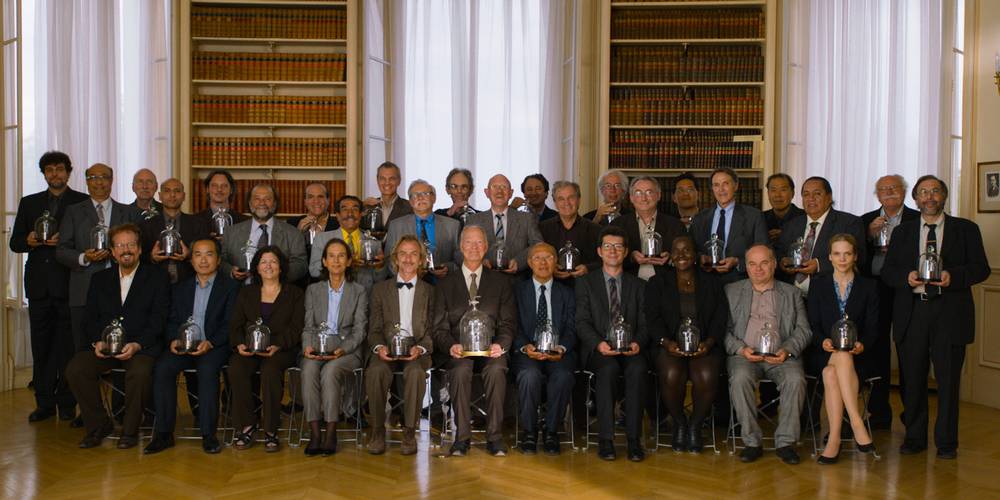Director: François Caillat
France, color, 2004, 75’
French with Turkish subtitles
A filmmaker travels through the mountain villages along the shores of Alpine lakes to investigate the disappearance of Valérie 20 years ago. She allegedly murdered a Canadian tourist before disappearing without a trace. At least that is how the narrator remembers the story, while passing through the region at the time. Over the course of the interviews, the elusive Valérie seems to disappear a second time, literally engulfed by the Alpine landscape, magnificently captured on film by François Caillat. A haunting, imposing landscape, where chasms and precipices become metaphors, characters in a work of fiction that the camera turns into a documentary. It is a film in the form of an essay in which the director takes his work on memory to its highest degree of abstraction.

In a bid to review the International System of Units (SI), the International Bureau of Weights and Measures gathered at the 26th General Conference on Weights and Measures on November 16, 2018. Sixty member states have voted for changing four out of seven basic units of measurement. The kilogram is among the modified. Before describing the key points, let us have a closer look into the kilogram and its history.
Tuesday - Saturday 10:00 - 19:00
Friday 10:00 - 22:00
Sunday 12:00 - 18:00
The museum is closed on Mondays.
On Wednesdays, the students can
visit the museum free of admission.
Full ticket: 300 TL
Discounted: 150 TL
Groups: 200 TL (minimum 10 people)